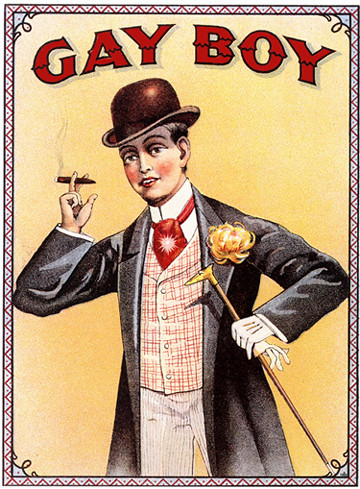A large new study has failed to find such a thing as a “gay gene.”
Given the rapid growth of our knowledge of the human genome over the past few years, a negative finding by now is pretty definitive. It turns out that homosexuals are not “born that way.”
This should not be surprising to anyone with common sense. Homosexuals do not reproduce. Were there a “gay gene,” it would eliminate itself from the gene pool over two generations.
But the current concept of homosexuality as a human right, against which one must not discriminate, is based on this false premise.
Yet we also cannot see homosexuality as something anyone is likely to choose as a lifestyle. Less than 3% of the population is homosexual. That means that, if you are, at least 97% of those to whom you are sexually attracted will be repelled by any approach. Not great odds for a happy sex life or a healthy self-image. Worse, you cannot easily tell by looking at them who is in the 3%.
So, if it is not genetic, and nobody would consciously choose it, how does anyone become homosexual?
The obvious alternative is that they are groomed into it. Given that homosexuals face almost certain rejection in most other circumstances, their obvious strategy is to approach adolescents not yet very aware of sex, or their own sexuality, and seduce them before they know what is going on. Or exploit some power relationship.
We are hard-wired to form an emotional attachment to whomever we first have sex with. This is easily explained in Darwinian terms. It is the basis for the oldest of pickup lines, “you remind me of someone.” If our first sexual experience is with a blonde, we will favour blondes from then on; if with a short woman, we will favour short women; and so on. See if it is not true for yourself.
A reason, not incidentally, why premarital sex is a bad idea. If you can marry your first sexual partner, the emotional bond will be far stronger.
But this also means that, if you are seduced by an older gay man when an adolescent, you may well become homosexual yourself.
Homosexuality, in other words, is contagious.
This is currently and often forcefully denied. Relevant authorities will insist that homosexuals are no more likely to be pedophiles than homosexuals.
But the numbers in the sex scandal in the North American Catholic Church say otherwise. Eighty percent of victims have been adolescent males. And common sense says otherwise: given the odds of rejection otherwise, homosexuals must face a stronger temptation here. Moreover, the idea of an older man “mentoring” a younger one is the understood norm of homosexuality in places, like Ancient Greece or English public schools, in which it has been acceptable.
This might then explain in large part why most societies and cultures oppose homosexuality. It is cruel and predatory to turn a young man gay. That forces him onto the same obstacles to sexual satisfaction that drew the partner to this strategy. Not to mention opening him to a much higher risk of sexually-transmitted diseases, the inability to have children, the less comfortable match between two male psyches, and so on.
Putting it all together, it really looks like a remarkably bad idea to celebrate homosexuality, hold “pride” parades, and assign the practice inalienable rights. This has nothing to do with compassion towards homosexuals.
The real reason we have gone so far down this treacherous cul-de-sac, I suspect, is that seeing homosexuality as a human right allowed and allows us to pillory conventional morality as discriminatory. Satan forbid there should be any restrictions on our own sexual license.
There is already hell to pay.















